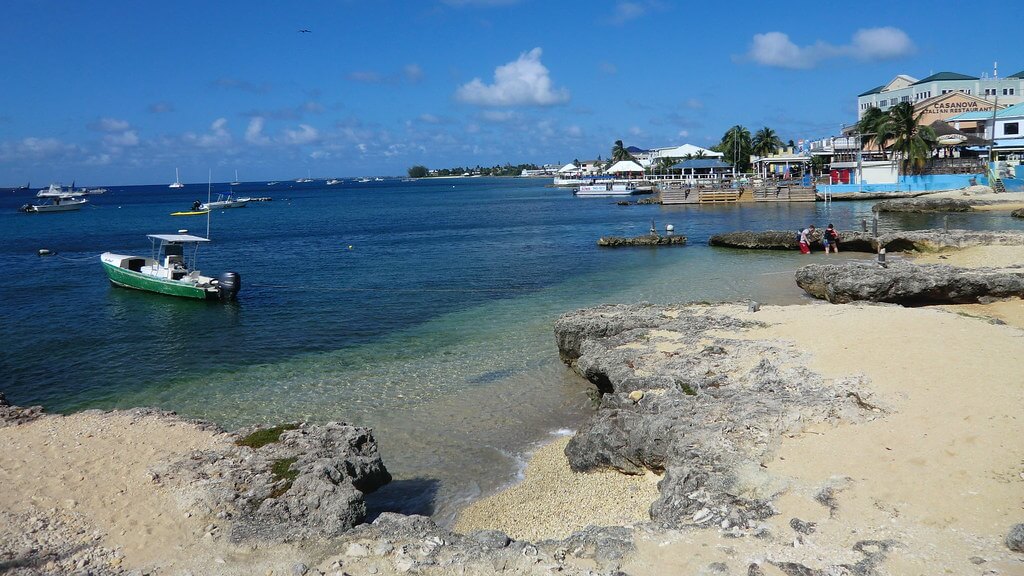
The Cayman islands
As I did some background reading before writing a column on the subject of capital gains taxes (CGT) I came across two pieces of information that surprised me.
First, the way the political debate on capital gains taxes have gone in New Zealand in the past gave me the impression that capital gains taxes were relatively uncommon in other countries and we would be joining a small and somewhat disreputable group of countries if it introduced one.
But when I looked up which countries have some form of capital gains taxes I found that this view could scarcely have been further from the reality. There are at least 130 countries in the world that have a capital gains tax and only around 30 countries were listed that did not.
About half of these were small, island states such as the Cayman Islands, Jersey and Macau, many of which were off-shore capital markets. The USA, the bastion of free enterprise, has had a capital gains tax for over 100 years, Britain for nearly 60 years and Australia for nearly 40.
Second, I thought the ‘expert’s views on the wisdom and fairness of capital gains taxes were divided and that in terms of economics and the theory of taxation it was a contentious issue. But New Zealand has had at least five ‘expert’ reviews of our tax system in the last 40 years and all of them have concluded that a tax system where income from working is taxed but income from capital gains isn’t is inherently unfair.
The reasons New Zealand does not have some form of capital gains tax are therefore entirely political. The anti-CGT campaigns have always been very vociferous whenever a political party have raised the issue and have gained a wide degree of public support. Why they get this high level of public support given the inherent unfairness of a tax system that does not tax capital gains is a bit of a mystery.
New Zealand politicians who have advocated a CGT have backed down in the face of these campaigns and the public support they have gained.
But we will have to make the move sooner or later and join the majority of the world in taxing capital gains as well as income from work because of demographics. Our population is aging and living longer and the proportion of income tax being spent on healthcare and pensions is rising and will continue to rise rapidly.
Our current income tax model won’t be able to cope. Some form of CGT will become inevitable.
Given that, the sooner a form of CGT is introduced the better for our health, social welfare and education systems or they will continue to be under funding pressure. Who is going to be the political party or individual politician who accepts the inevitability of a CGT first and actually introduces it? We should congratulate whomever has the nerve to do that rather than criticise them.









